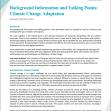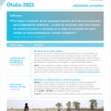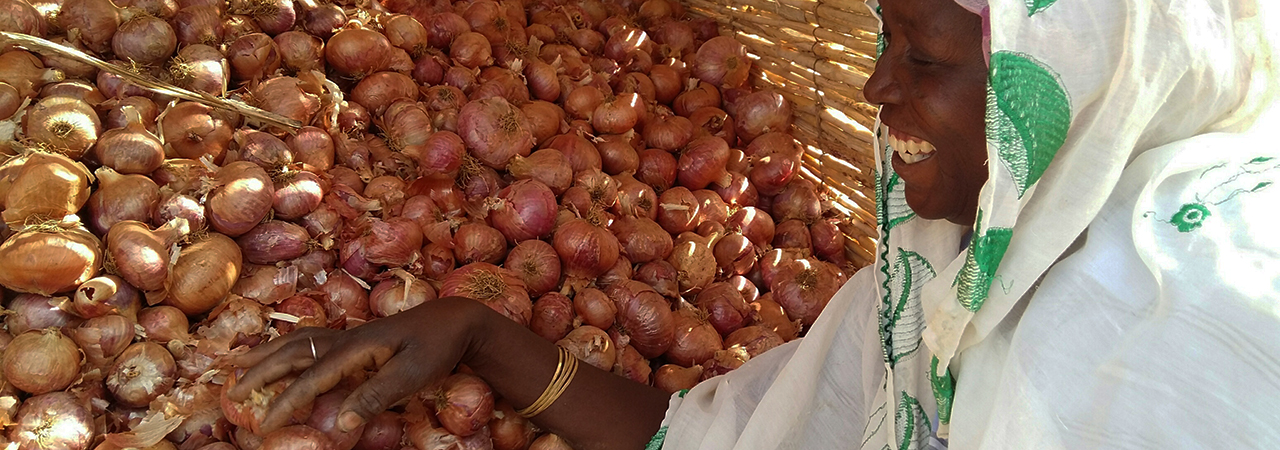

World Food Day: 7 Ways to Be a Good Steward of the Harvest
“The earth has yielded its harvest; God, our God, blesses us.”
— Psalm 67:7
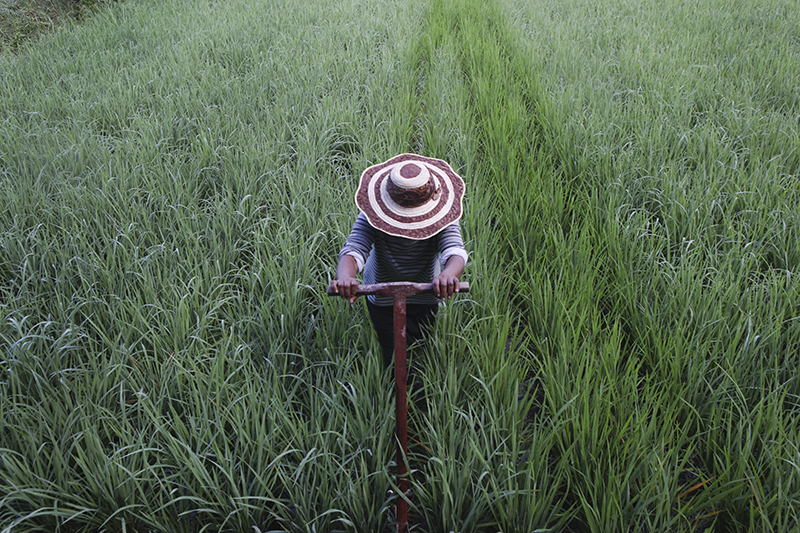
Fall, the season of harvest, is the perfect time to reflect on the Earth’s abundance. Yet not all people have their share of the abundance God has given us. Nearly 690 million people suffer from hunger worldwide.
October 16, World Food Day, is the perfect time to recognize those who do not have enough to eat. As the pope reminds us in Laudato Si', we must recognize our call to respond to “the cry of the earth and the cry of the poor.” In observance of World Food Day, we invite you to use the following seven steps in your daily life to become a better steward of Earth’s harvests:
- Waste less. Did you know that one-third of the food produced for human consumption each year is either lost during production or wasted by consumers? When we waste food, we’re discarding food that could have fed our hungry brothers and sisters. Food waste also has a grave environmental impact, as it accounts for 8% of the world’s greenhouse gas emissions.
- Eat simply. It takes 8 times more water to produce 1 pound of beef than to produce 1 pound of soybeans. Eating meat-free, even if only for a couple of days each week, puts less of a strain on Earth’s resources and makes more food and water available for our human family. Check out CRS Rice Bowl’s archive of meatless meal recipes for delicious ways to eat simply!
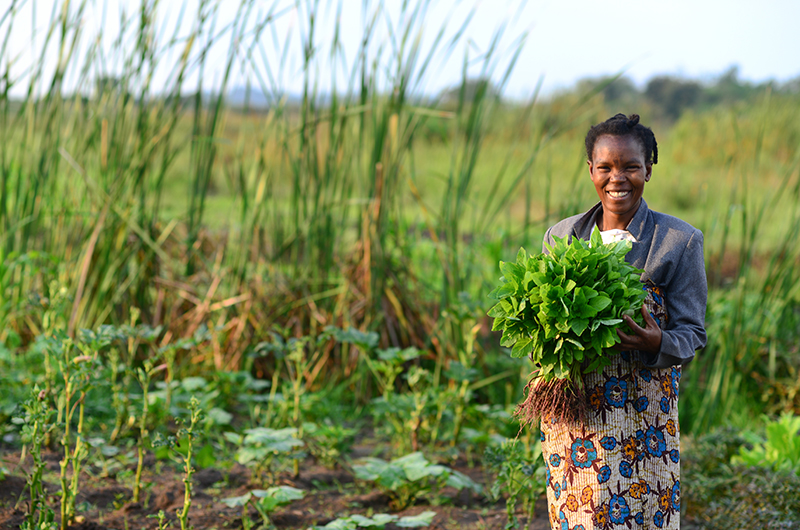 In Tanzania, Mama Teddy used seeds from CRS to grow healthy food--both for sale and to feed to her three children. Photo by Philip Laubner/CRS
In Tanzania, Mama Teddy used seeds from CRS to grow healthy food--both for sale and to feed to her three children. Photo by Philip Laubner/CRS - Support farmers. Buying food locally is not only a great way to support the livelihoods of farmers in your community, but it also reduces your carbon footprint, since your food isn’t being transported great distances to be sold. Though some markets may be impacted by COVID-19, find a farmers market near you! Be sure to check their website and social media pages for operating hours, closures and safety measures.
- Advocate. U.S. policies impact people worldwide. Let Congress know you care about hunger by lending your voice to support policies that help the most vulnerable.
- Donate. CRS is partnering with farmers around the world whose incomes have been jeopardized by the changing environment. These farmers are learning new skills and techniques so that they are still able to generate an income and put food on the table. By supporting CRS, you are supporting these farmers and others who face the effects of natural disaster and hunger.
- Learn more. Building awareness about hunger and changing weather patterns is an essential step toward positive change. Take some time to educate yourself and your community on these issues and the many ways that they are connected to each other.
- Pray. Prayer helps us to be in right relationship, not only with God and our neighbor, but also with all of creation. Use CRS’ "Lead the Way on Hunger: A solidarity prayer service & reflection" resource to help your community reflect on this important issue. Or, pray this short prayer before meals to remain mindful of the harvest that we’re called to steward and share.
Together, we can lead the way to prevent and end world hunger by uniting as a community to pray, learn and act in support of our human family in need.

